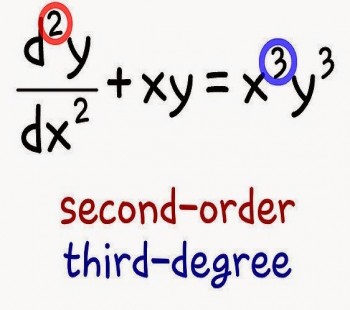The conclusion of an undergraduate research is apparently drawn from the research findings; the findings take a little more step backward to realize a reasonable research outcome. For mass communication project topics however, it takes at most two research methodologies to realize a conclusion for a particular topic. The research methods a mass communication student adopts for a research relies greatly on the project topic; this may not be the same case with other disciplines. While some of these research methodology have been there for long, very few just emerged and already in use currently. So here we go;
· Content Analysis
· Case Study
· Survey
· Interview
· Library Research
Content Analysis
Content analysis is a very recent research method in mass communication; it is used to research on documented records of events for instance, the study of newspaper coverage of events and occurrences. Under this methodology, variables such as content categories and unit of analysis are major components that guide the research. Using content analysis, the instrument for data gathering is called coding sheet; it is usually structured manually with rows and columns following the variable in the content categories and unit of analysis. Due to its technicality and slim chances of dubbing from someone, mass communication students shy away from such project topics just to be on a safe side.
Case Study
This research methodology is used both for projects and seminar in mass communication. Case study is used to understudy a specific sequence of event, occurrence or place. Usually, the researcher may use another research method to do a study with a larger scope and then adopts content analysis for a specific case so that the outcome will be used to represent the metaphorical outcome of the whole research. Methods of data gathering for case study are interview and observation.
Survey
Survey is a very popular research method in the academia apparently because it accommodates the indulgences of many fields of study. On this platform, mass communication adopts this research method for most of its research; the opinions of people are sample through open-ended and close-ended questions on the issues under study. Some of the topics that lend themselves to survey are usually, causes, effects, audience perception, newspaper readership, consumer reactions and all. The instrument for data gathering in survey is questionnaire. It takes up series of carefully constructed questions which the researcher expects the respondents to give answers to.
Interview
Using this research methodology in mass communication requires backing it up with another research method except the interview is tangible enough to defend itself. It basically requires that the researcher make out time, seek the permission of the interviewee in prospect before finally doing the interview proper.
However, this research method has good chances to be doctored or may not produce original outcome entirely. This is because the interview is staged and programmed so the interviewee may give answers in a way that it does not tarnish his image or that of someone he knows. The method of data gathering here is mouth-mouth conversation, phone call.
Library Research
A typical mass communication project using this research method must back it up with a case study since a lot of the research will be done online or with books. It involves using information gotten for past research and written books to make research outcome.
Project topics in mass communication are usually unique and require specific research methods for a particular kind of topic; a twist in the middle signals the beginning of a failed research. Most times one research method will do but sometime two research methods are required.






